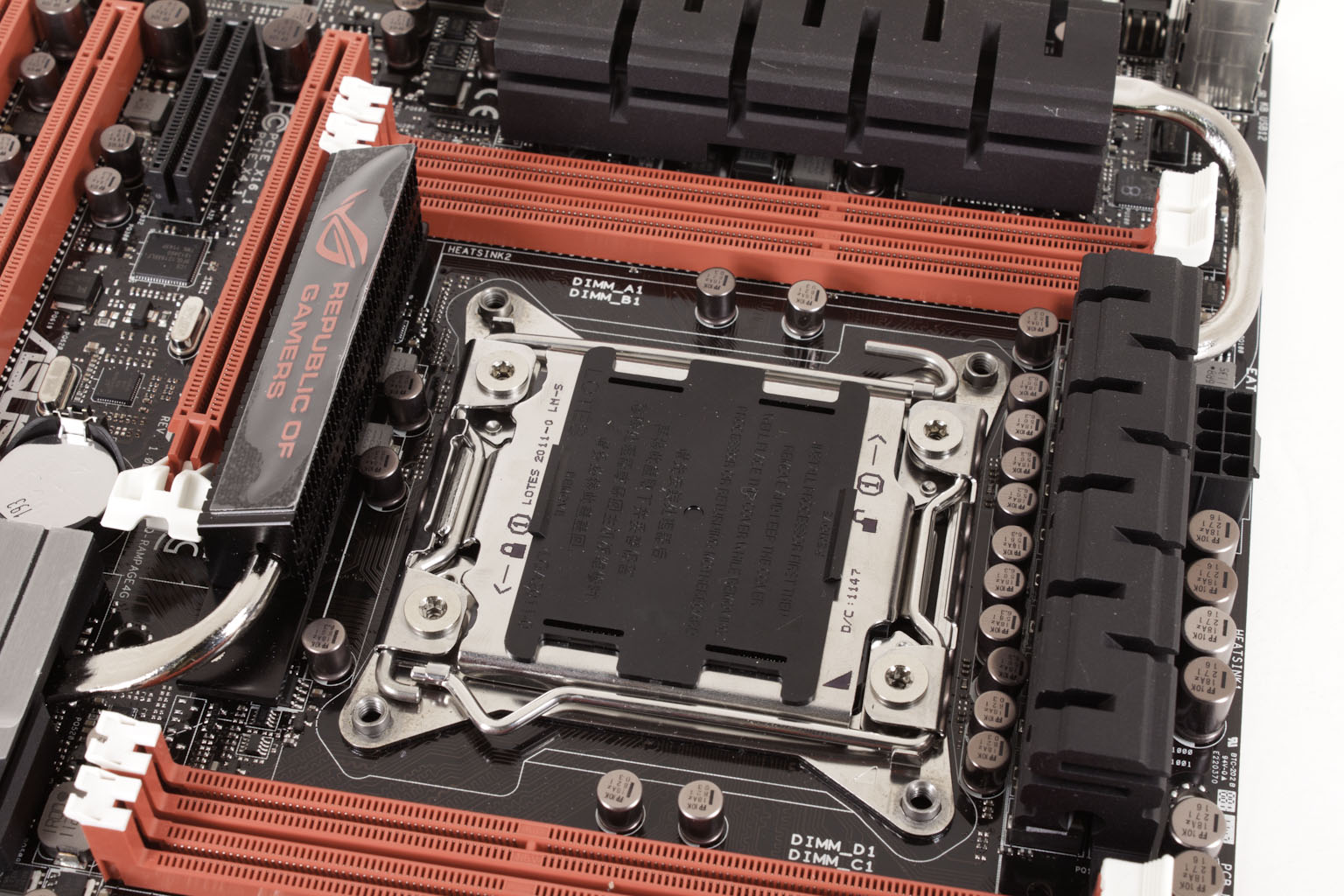Intel will move to a BGA form factor after Haswell with Broadwell and effectively kill off the desktop.
This is one of the most common statements being made about Intel’s future CPUs. It is also the one that we think is being misunderstood. Although we do know that Intel will be moving their mobile and low power CPUs into this form factor we highly doubt that this will extend to the desktop or server market. There are several reasons for this, but to be honest the biggest one is that we doubt Intel would be able to foot the potential RMA costs. Can you imagine Intel (or any OEM manufacturer) having to replace not only a motherboard but a CPU? It would be cost prohibitive to say the least. As it stands now by separating them out it lowers not only potential costs, but also potential failures.
The second is that Intel has been working very hard to show the benefits of Intel CPUs (x86) over ARM. To suddenly make all of their CPUs just as limited as ARM (in terms of replacement/upgrade) would be as bad as Microsoft’s move to Windows 8. As AMD found out to their dismay, the DIY market is very picky and can change their allegiance fairly quickly. Back in the mid-90s AMD signed a deal with Dell that pulled OEM and retail CPUs off the shelves in order to meet supply commitments with Dell. On top of that to make sure that AMD maintained revenue AMD increased the price of their CPUs per unit. This annoyed the DIY and enthusiast crowd considerably and had an impact even before Intel pushed the Core 2 Duo out the door. Even with the rumor we saw more than a few upset posts on forums and Facebook; to put it simply the DIY crowd is not happy at all.
Of course there is more to this (as there always is) as we are also hearing from an unconfirmed source that Broadwell will not be a mainstream desktop CPU, but will be ear-marked for a new generation of Tablet, Ultrabooks and All-in-One systems. These types of systems by their nature leave very little room for upgrading anyway which makes the rumored BGA only Broadwell perfect for this range of products. The information (again unconfirmed) appears to be accurate based on the currently available information on Broardwell including its low power envelope. Broadwell will incorporate a graphics core, memory controller, I/O controllers and possibly audio making it an x86 version of the SoC, but will room to maneuver in ways that your typical ARM SoC simply cannot cope with.
We can envision this product in high-end tablets and ultrabooks where CPU power needs to be balanced with actual power draw. It does not mean that Intel will abandon the desktop segment. It is highly likely that LGA 2011 and 1155 CPUs and sockets will continue and that Intel will continue to develop new sockets for the desktop market. After all this segment is a highly lucrative one and also one that both Intel and AMD covet. The loss of sales to this market would have a big impact on Intel and their reputation for performance. If Intel were to do this (get rid of the desktop socket) it would be the equivalent of handing AMD a nice chunk of market share for the DIY and enthusiast market. I cannot imagine Intel doing that at all.
In the end we do not know for certain what Intel’s plans are, but we can make an intelligent and logical assumption that it will not be to kill off the desktop as some sites are claiming. Instead we feel that the information being currently spun on the internet is being overdramatized to have more impact. This rumor is like the rumors about Facebook charging for accounts or needing to post a copyright notice to protect your privacy; it does not hold water if you look at it carefully. Intel will bring Broadwell to the market for the tablet, the ultrabook, the All-in-One and perhaps a few lower end devices, but it will not kill off the desktop socket or the ability to upgrade your hardware. It simply would not make any sense from a business or even production standpoint. We will continue to see if we can get more information about this new rumor, but we are pretty confident that your DIY habit is safe for the foreseeable future.
Tell us your thoughts on these rumors in our Forum




